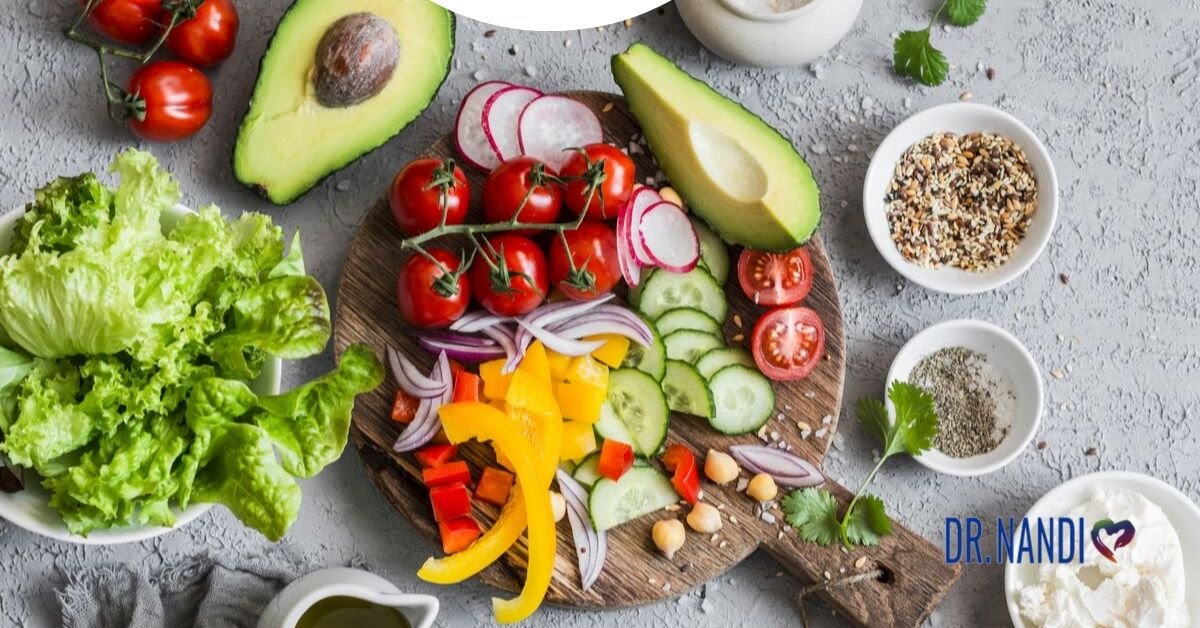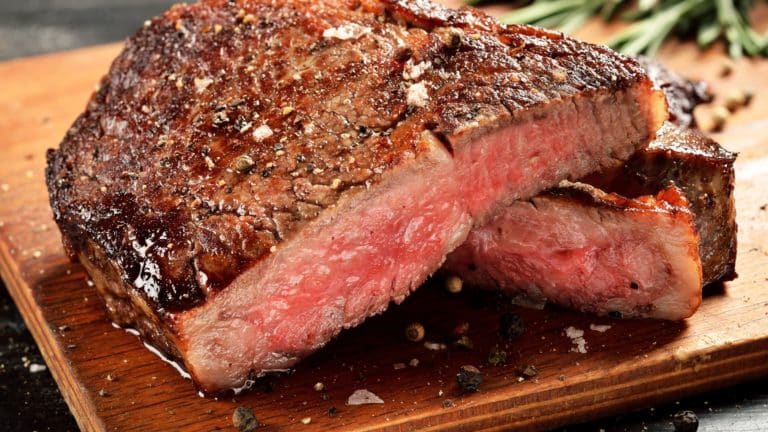Acid reflux is one of the most common reasons why my patients visit me in my office in Michigan. Recent statistics from the American College of Gastroenterology say that 60 million Americans experience heartburn (1)at least once a month, with 15 million having symptoms of acid reflux or Gastroesophageal Reflux Disease (GERD) every day.
A particular type of reflux is called silent reflux because those who have it don’t show the typical symptoms of acid reflux, such as heartburn.
Silent Acid Reflux or Laryngopharyngeal Reflux (LPR) is a condition that happens when stomach acid travels up the esophagus to the laryngopharynx in the throat that’s opposed to gastroesophageal reflux disease (GERD), in which acid flows back into your esophagus (4). It is commonly seen in GERD patients but may occur independently without GERD.
Laryngopharyngeal Reflux (LPR) Symptoms:
- A sensation of a lump in the throat
- Excessive throat clearing
- Hoarse voice
- Mucus
- Chronic cough
- Difficulty swallowing
- Sore throat
- Red or swollen voice box
Who Is Most Likely To Develop Silent Reflux?
Anyone can develop silent reflux, including men, women, infants, and children. Some lifestyle factors may make adults more susceptible, including:
- Poor diet
- Overeating
- Alcohol and tobacco abuse
In infants and children, LPR can develop due to developmental immaturity of the esophagus.
The Best Diet To Help Alleviate Symptoms of LPR or Silent Acid Reflux
Research has shown that diet plays an essential role in managing Laryngopharyngeal Reflux disease. A study published in the Journal of the American Medical Association Otolaryngology found that a Mediterranean diet may be as effective as proton pump inhibitors (PPIs) in treating symptoms of acid reflux.
I am not suggesting you forgo all medications and attempt to treat your symptoms with diet alone unless advised by your doctor. Drug-free medications may not be suitable for everyone.
I am saying this: food is medicine. And what you put into your body every day plays a massive role in your health.
Food to Avoid by LPR Person
There are certain foods that a person experiencing LPR should avoid. These include:
- Spicy foods
- Acidic foods such as citrus fruits or tomatoes
- Fatty foods
- Carbonated beverage
- Too much caffeine
- Dairy products
Best Food To Eat for Alleviating Symptoms and Promoting Healing
On the other hand, a silent reflux diet includes certain foods that are great for alleviating symptoms and promoting healing. These include:
- Non-citrus fruits such as melons, bananas, apples, and pears
- Vegetables such as leafy greens, broccoli, carrots, celery, squash
- Oatmeal and other whole grains
- Low acid diet
- Lean proteins such as chicken, fish, tofu
- Probiotic-rich foods, such as kimchi, yogurt, sauerkraut, and kefir
- Herbal teas such as ginger, chamomile, licorice
- Almond milk
The LPR diet is not about deprivation. It’s about making the best food choices that promote healing and prevent LPR symptoms. When you commit to eating healthy food and making other lifestyle changes, you will start to feel better.
There are also specific diets that could help treat the symptoms of silent reflux, one of which is the Mediterranean Diet.
What Is A Mediterranean Diet?
The Mediterranean Diet comes historically from the eating habits and lifestyle of those living in southern Italy, Greece, Turkey, and Spain. The diet consists of many high-fiber fruits and vegetables, quality fats and lean protein, and an occasional glass of wine.
Due to its many proven health benefits, including reducing inflammation, supporting healthy weight, improving heart health, and reducing disease risk, the Mediterranean Diet (2) is considered one of the most nutritious cultural diets in the world.
Foods Included In The Mediterranean Diet
The most common day-to-day foods of the Mediterranean diet include:
- fresh fruits and vegetables (leafy greens, eggplant, cauliflower, artichokes, tomatoes)
- olive oil
- nuts and seeds (almonds, sesame seeds)
- legumes and beans (lentils, chickpeas)
- herbs and spices (oregano, fennel, rosemary, parsley)
- whole grains
- wild-caught fish/seafood
- pasture-raised chicken and eggs
- goats milk
- freshwater
- red wine
Some foods moderately consumed include:
- red meat (once weekly)
- coffee
- tea
- kefir and yogurt
How To Choose High-Quality Olive Oil?
Much of the research surrounding the benefits of the Mediterranean diet focuses on the consumption of olive oil. Olives have been a staple item in the Mediterranean region for over 5000 years, and those living there consume olive oil as a part of nearly every meal.
However, not all olive oil is created equally, and many of the “olive oil” brands you see on store shelves are fake imitations or devoid of their original nutrients. Always pick olive oil that is cold-pressed and extra-virgin.
Partha’s Rx
- Eat More Fiber. Fill your diet with plenty of fresh fruits and vegetables. A 2004 study found that dietary fiber (3) is protective against reflux. Fiber also helps to promote the regularity of bowel movements and is good for digestive health. Daily, women should aim to consume at least 25 grams of fiber, and men, 38 grams.
- Eat Small Meals Every 3-4 Hours. Overeating can aggravate reflux symptoms because it puts a lot of pressure on the stomach and can push acid up into the esophagus. I recommend eating smaller meals several times a day instead of traditional large meals.
- Limit Sugar Intake. Most Americans are eating way too much sugar. It leads to weight gain and obesity, increasing the likelihood of developing silent reflux. The American Heart Association recommends women consume 20 grams of sugar and men consume no more than 36 grams.
- Limit caffeine and spicy foods. Caffeine relaxes the esophagus, making it easier for acid to travel up from the stomach and cause reflux symptoms. Spicy foods tend to irritate the esophagus and have been found in many studies to exasperate heartburn.
Conclusion
If you’ve made changes in your diet and lifestyle but have yet to feel better, it may be time to consult with your doctor. Silent Reflux can often be a symptom of a more serious condition like GERD. Working with a healthcare professional will help you make the best decisions for your unique health needs.
References:
- Reports of Frequent Heartburn Double, Study Finds – ABC News (go.com)
- [Current evidence on health benefits of the mediterranean diet] – PubMed (nih.gov)
- Lifestyle related risk factors in the aetiology of gastro-oesophageal reflux – PubMed (nih.gov)
- New Diet to Cut Acid Reflux | Everyday Health
- Silent Reflux | Condition | UT Southwestern Medical Center (utswmed.org)
- By the way, doctor: What causes acid reflux in the throat? – Harvard Health
- Silent reflux diet: Foods to choose, foods to avoid, and more (medicalnewstoday.com)
- Heartburn and acid reflux – NHS (www.nhs.uk)





















